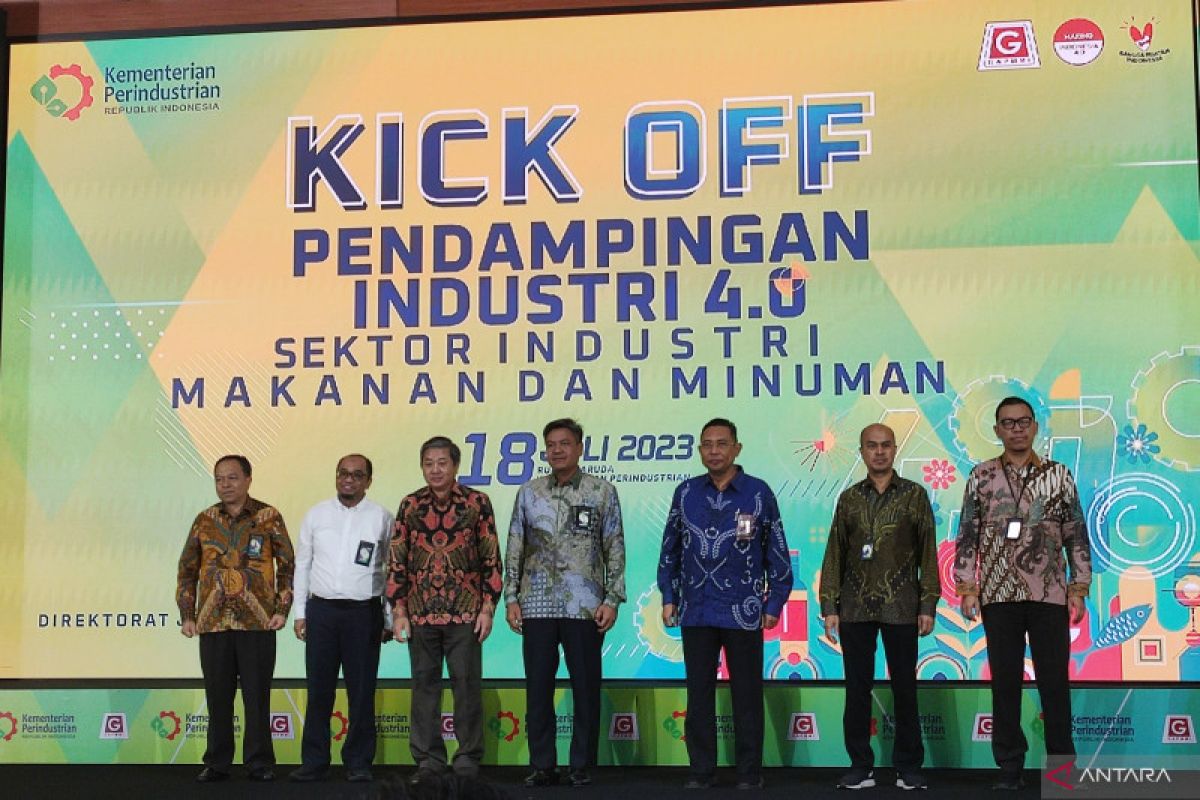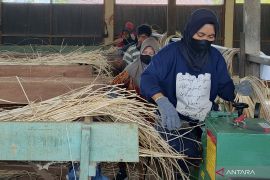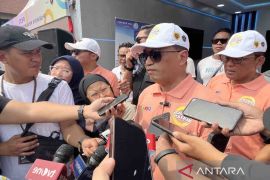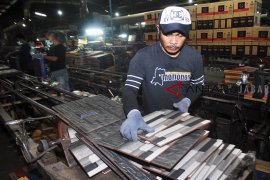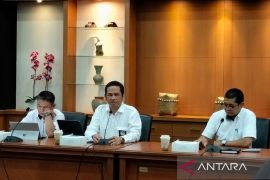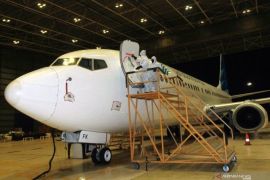The ministry's Director General of the Agricultural Industry Putu Juli Ardika stated at the Industry 4.0 Assistance for F&B Sector kick-off event in Jakarta on Tuesday that one of the challenges is the European Union Deforestation-Free Regulation (EUDR).
"By adopting the Industry 4.0 concept, we can increase the industry's efficiency, traceability, and also our capability of dealing with regulations issued by a number of economic regions, such as the European Union," he remarked.
The EUDR requires exporting countries, including Indonesia, to ensure that their products are free from deforestation-related processes before exporting them to countries within the union.
However, Ardika believes that such a regulation provides a new opportunity to Indonesia, as the country is fully capable of ensuring the traceability of its exported industrial products and raw materials.
This gives Indonesia an edge over several countries, such as Singapore, Thailand, and China, whose several industrial products and raw materials came from Indonesia, he remarked.
"We can make the most of this regulation, as we are fully capable of ensuring our products' traceability," the director general noted.
Furthermore, the government is paying close attention to some other regulations, including the carbon tax regulations.
Hence, adoption of the Industry 4.0 concept is expected to help industries, including the food and beverage industry, to better organize themselves.
Currently, the Industry Ministry is striving to promote the adoption of Industry 4.0 in the F&B industry by offering competency-building training assistance to 200 enterprises and 300 human resources in the industry.
The ministry is targeting to enable at least 80 F&B businessmen to obtain competency certificates by the end of this year in the hopes of expediting the transformation to Industry 4.0 in accordance with the Making Indonesia 4.0 Road Map.
"The Making Indonesia 4.0 Road Map does not merely focus on technology application, as it also emphasizes the importance of improving the quality of human resources as well as research and development processes in the industrial sector," Ardika said, as cited from the ministry's website.
As for 2024, the ministry eyes to have 400 F&B players conducting self-assessment regarding the Indonesia Industry 4.0 Readiness Index (INDI 4.0), out of which 20 will receive INDI 4.0 awards and nine will receive Industry 4.0 national lighthouse awards.
Meanwhile, Chairman of the Indonesian Food and Beverage Producers Association (GAPMMI) Adhi Lukman stated that the F&B industry players are facing various challenges and obstacles, including global geopolitics, carbon issues, deforestation, and climate change effects, which increase the prices of raw materials, logistics, and energy.
"It should always be noted that we are facing tough challenges in the global competition. Hence, the Industry 4.0 concept application is paramount in the efforts to strengthen our F&B industry," he remarked.
He further elaborated that the concept adoption can help F&B industry players to find ways to integrate data, policies, and business processes in order to gain greater benefits.
"Whether we like it or not, we must adopt the industry 4.0 concept," he stressed.
Lukman then stated that players in the F&B industry, one of Indonesia's prioritized industries, are ready to adopt the Industry 4.0 concept, noting that some players admitted to have gained a higher rate of efficiency and productivity by adopting the concept's digital transformation aspect.
"This is our advantage, and like it or not, we must be able to adopt the concept, as it serves as our instrument for encouraging industrial growth," he said.
Related news: Indonesia boosts food, beverage exports through FHA Food & Beverage
Related news: Food, beverage industry predicted to grow 7%: ministry
Translator: Ade Irma, Tegar Nurfitra
Editor: Rahmad Nasution
Copyright © ANTARA 2023
